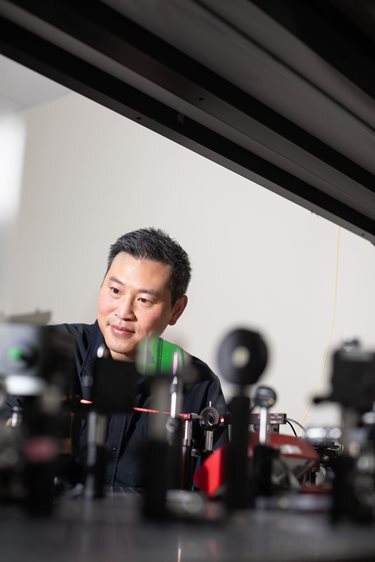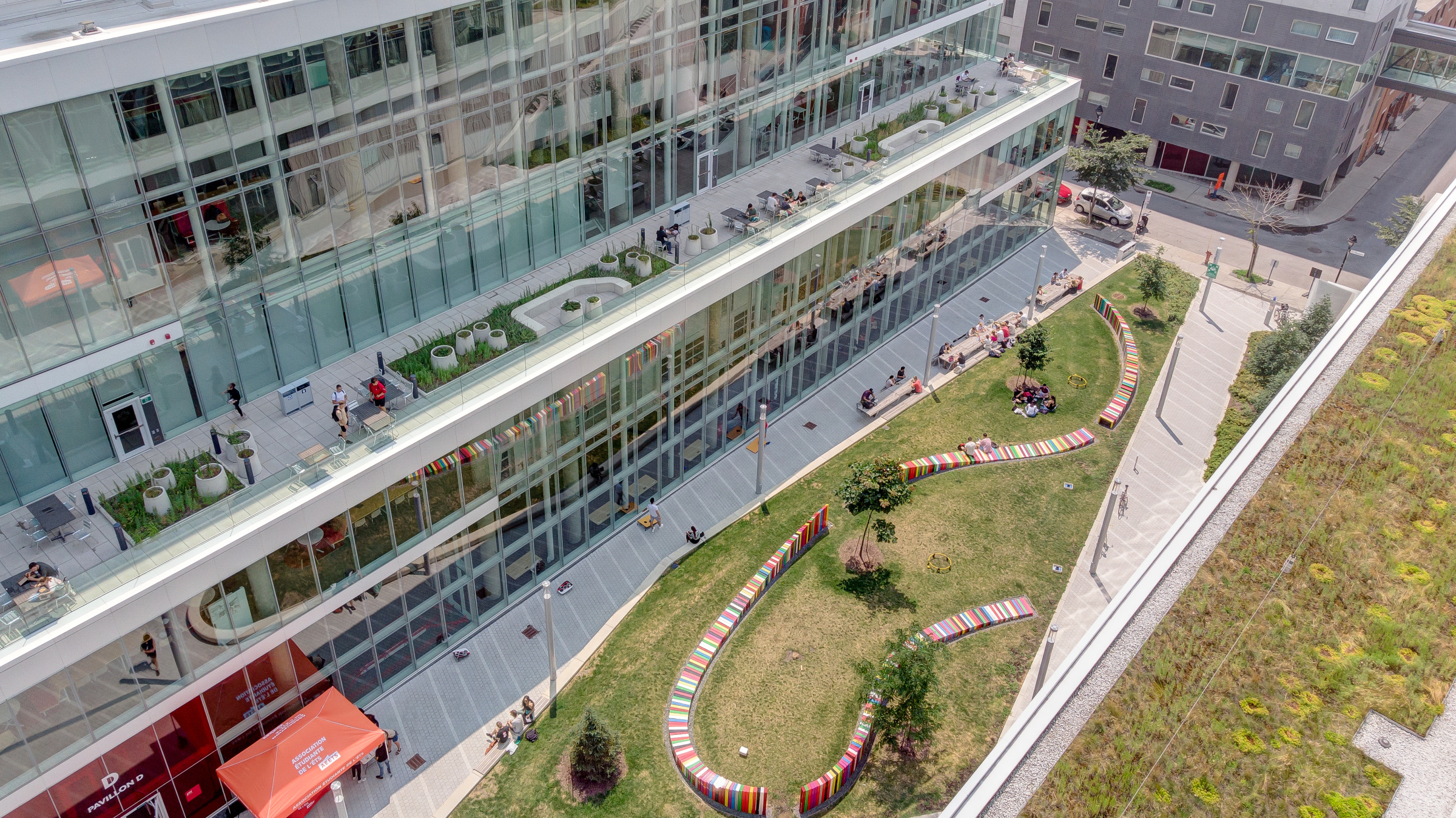Quantum Engineering
If developments in microelectronics have been a major factor in the emergence of our current digital society, advances in quantum mechanics will likely replace today’s cutting-edge technologies. These new uses will lead to fundamental changes in fields as diverse as health, defence, communications and resource management.
It is estimated that Canada’s quantum sector will generate investments in excess of $8 billion in 2030. Our research teams plan to actively participate in the development of this promising sector.
Find a professor
Superconducting quantum computer
A superconducting quantum computer intended exclusively for Québec-based research and innovation will soon be available. It will allow the research community to develop and test new quantum algorithms with no worries related to intellectual property, which will remain in the hands of Québec institutions and research groups.
Two supercomputers
In the meantime, the research community has access to two supercomputers that feature computing power equivalent to 10,000 portable computers. In addition to being capable of calculating massive volumes of data quickly, these supercomputers can conduct numerous digital simulations at any time of the day or night.
Chairs and research units related to Quantum Engineering
- Marcelle-Gauvreau Engineering Research Chair in Multimaterial and Multifunctional Photonic Devices
- Canada Research Chair in Spatiotemporal Encryption of Terahertz Light Assisted by Computational Method

Beyond the field of expertise, the entire technology needs to be reviewed in order to make it more available to the general public.
— Bora Ung: Photonic Optics in Support of Healthcare
Is it possible to design optical sensors capable of measuring the concentration of different pollutants in the air? Can we use photonics to detect the presence of pathogens in the body? How can fibre optics help us better understand the impacts of a spinal cord injury? These are just a few of the research questions that Bora Ung and his team are addressing, the answers to which could have important social implications.



